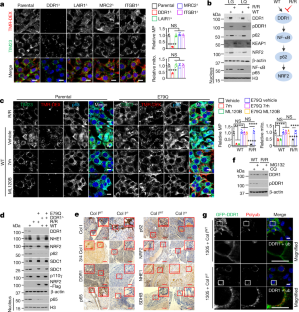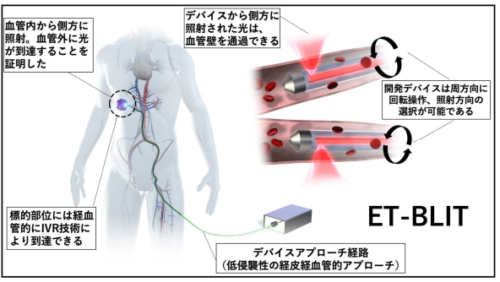2022-10-05 ワシントン大学セントルイス
パンデミックの初期には、ストレスや否定的な感情に関連する性格特性である神経症は減少した。
パンデミックの後期には、社会的な状況をうまく切り抜け、他人を信頼し、創造的に考え、責任を持って行動するのに役立つ特性が著しく低下したことが指摘された。このような変化は、特に若年層で顕著であった。
2020年3月以前のパンデミック前、2020年の初期ロックダウン期間、2021年または2022年のいずれか1回の3つの時期の調査を分析した。神経症(ストレス)、外向性(他人とのつながり)、開放性(創造的思考)、快楽性(信頼できること)、良心性(組織的、統制的、責任感があること)の5つの性格を測定した。。
2020年のパンデミックロックダウンの最初の段階から、2021年と2022年のパンデミックの2年目と3年目の間に、外向性、開放性、同意性、良心性のすべてが集団全体で低下し、特に若い大人では神経症の増加も見られた。
<関連情報>
- https://www.npr.org/sections/health-shots/2022/10/05/1126825073/pandemic-stress-impact-personalities
- https://journals.plos.org/plosone/article?id=10.1371/journal.pone.0274542
米国の成人縦断標本におけるコロナウイルス大流行の初期と後期における性格変化の差異 Differential personality change earlier and later in the coronavirus pandemic in a longitudinal sample of adults in the United States
Angelina R. Sutin ,Yannick Stephan,Martina Luchetti,Damaris Aschwanden,Ji Hyun Lee,Amanda A. Sesker,Antonio Terracciano
PLOS One Published: September 28, 2022
DOI:https://doi.org/10.1371/journal.pone.0274542
Abstract
Five-factor model personality traits (neuroticism, extraversion, openness, agreeableness, conscientiousness) are thought to be relatively impervious to environmental demands in adulthood. The coronavirus pandemic is an unprecedented opportunity to examine whether personality changed during a stressful global event. Surprisingly, two previous studies found that neuroticism decreased early in the pandemic, whereas there was less evidence for change in the other four traits during this period. The present research used longitudinal assessments of personality from the Understanding America Study (N = 7,109; 18,623 assessments) to examine personality changes relatively earlier (2020) and later (2021–2022) in the pandemic compared to pre-pandemic levels. Replicating the two previous studies, neuroticism declined very slightly in 2020 compared to pre-pandemic levels; there were no changes in the other four traits. When personality was measured in 2021–2022, however, there was no significant change in neuroticism compared to pre-pandemic levels, but there were significant small declines in extraversion, openness, agreeableness, and conscientiousness. The changes were about one-tenth of a standard deviation, which is equivalent to about one decade of normative personality change. These changes were moderated by age and Hispanic/Latino ethnicity, but not race or education. Strikingly, younger adults showed disrupted maturity in that they increased in neuroticism and declined in agreeableness and conscientiousness. Current evidence suggests the slight decrease in neuroticism early in the pandemic was short-lived and detrimental changes in the other traits emerged over time. If these changes are enduring, this evidence suggests population-wide stressful events can slightly bend the trajectory of personality, especially in younger adults.

